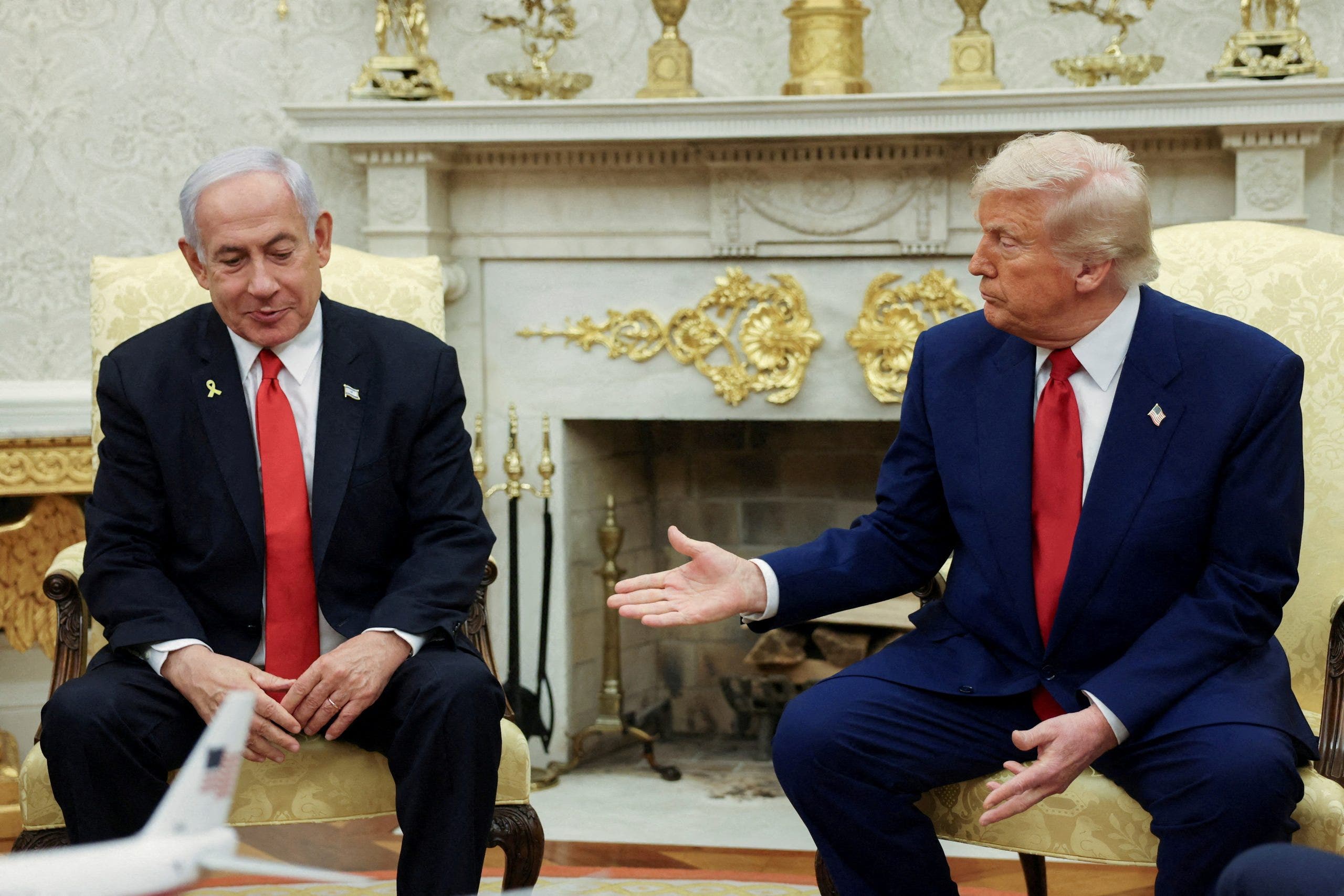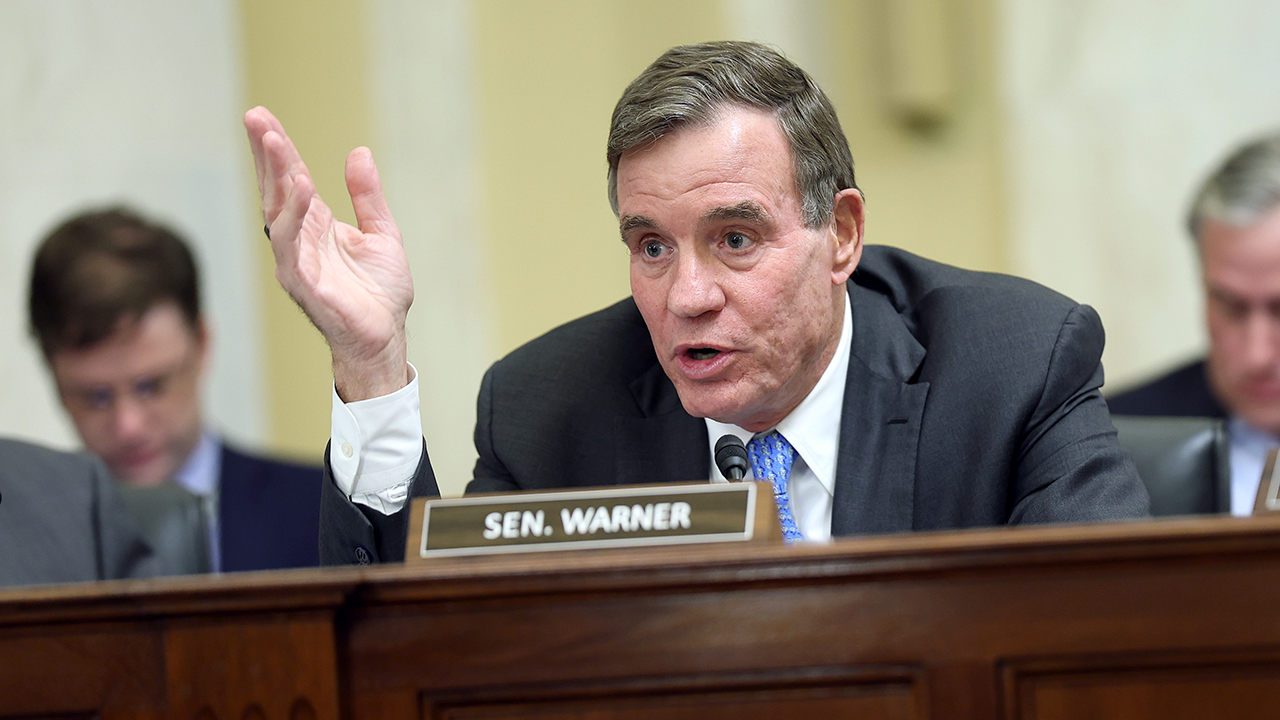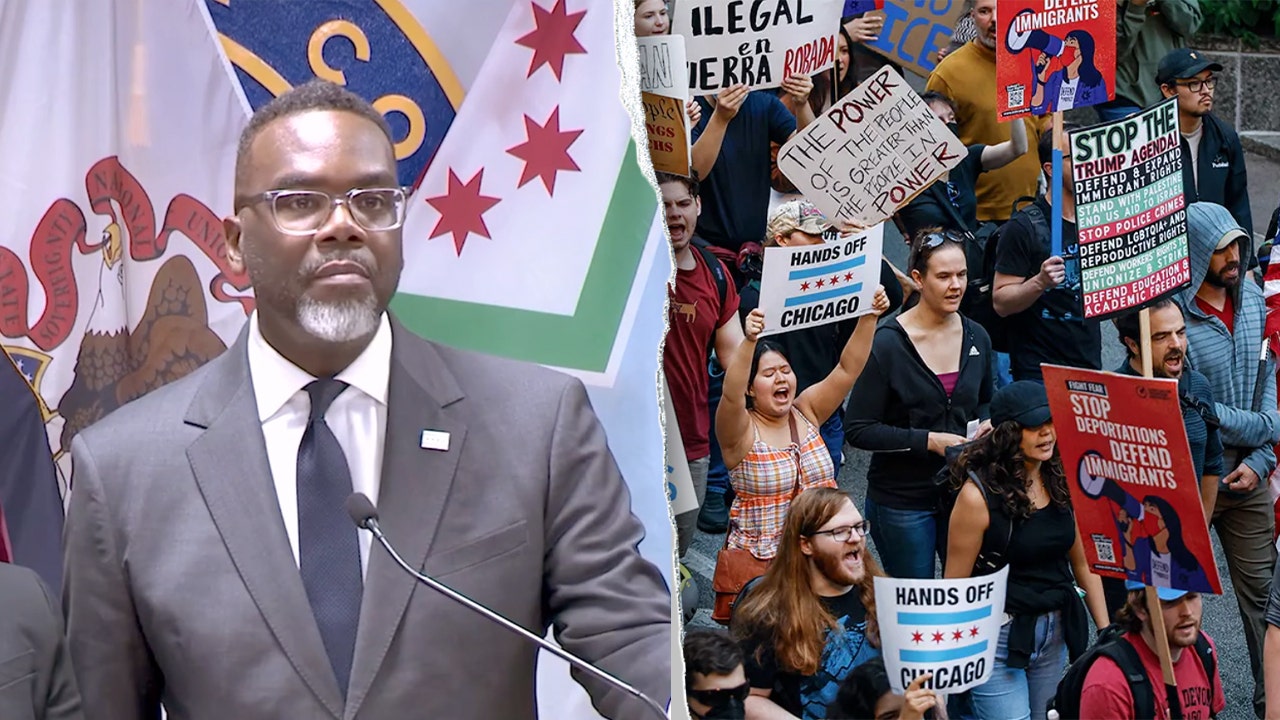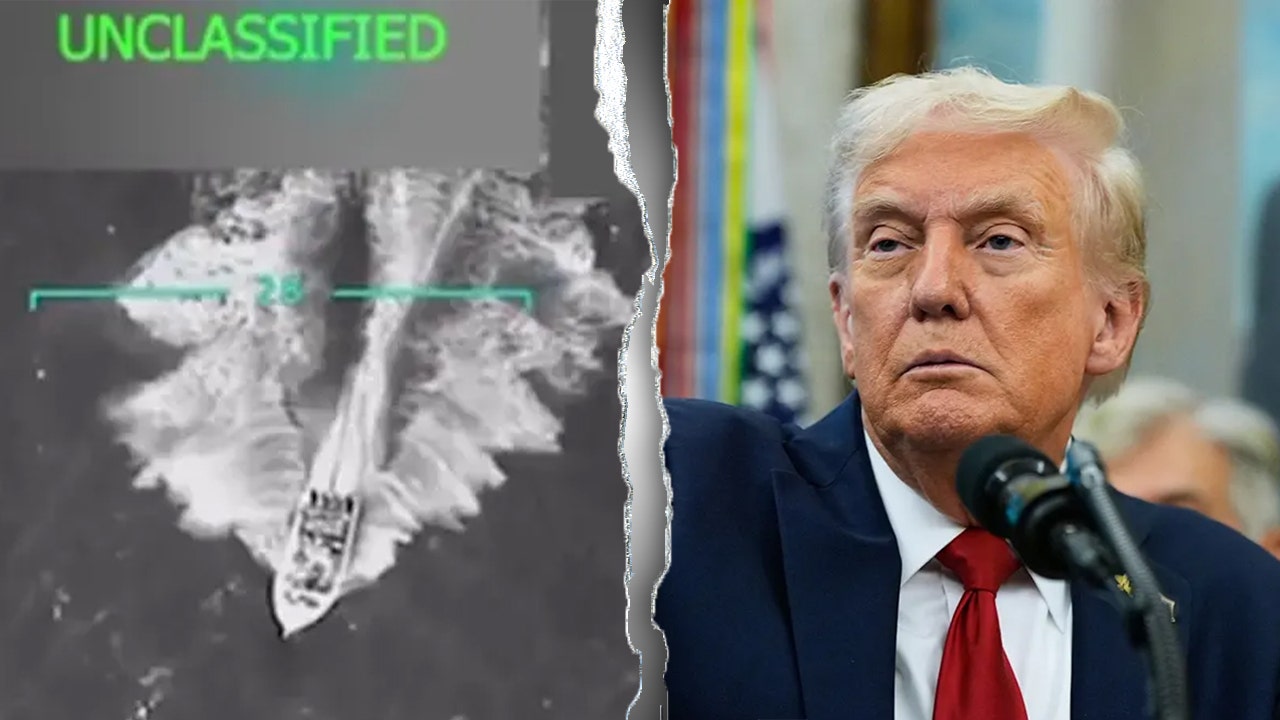Trump trip stirs Israeli unease over Saudi talks, Houthi ceasefire

President Donald Trump is set to embark on a historic trip to Saudi Arabia, Qatar, and the United Arab Emirates next week, where he will engage in high-stakes negotiations on a variety of crucial issues. However, as he prepares for his visit, cracks in his relationship with Israeli Prime Minister Benjamin Netanyahu have begun to surface.
The agenda for Trump’s trip includes discussions on reviving hostage talks between Israel and Hamas, exploring potential solutions for the Russia-Ukraine war, and the possibility of a civil nuclear deal with Saudi Arabia, even if the kingdom refuses to normalize ties with Israel. Despite these important topics, the apparent strain between Trump and Netanyahu has caught the attention of observers in the Middle East.
Reports have emerged suggesting that Trump has “cut contact” with Netanyahu, although this has not been independently confirmed. Some Israeli political circles are beginning to speculate that the once strong relationship between the two leaders may be deteriorating. Scott Feltman, executive vice president of the One Israel Fund, believes that Trump may be adopting a tough love approach with Netanyahu, pushing Israel to stand on its own.
One significant shift in Trump’s approach is his willingness to move forward with a civil nuclear deal with Saudi Arabia, even if the kingdom does not normalize relations with Israel. This departure from previous administrations signals a potential change in the dynamics of the region. Riyadh has historically demanded the creation of a Palestinian state as a precondition for full ties with Israel, a condition that Netanyahu has rejected.
In addition to his discussions with Saudi Arabia, Trump has been in talks with officials in Qatar about a potential deal for the country to loan the U.S. a jet to replace Air Force One. This development has raised concerns among Israeli supporters, who have long been skeptical of Qatar due to its alleged ties to Hamas.
Tensions between the U.S. and Israel were further highlighted by a recent ceasefire agreement with Yemen’s Houthi militants, brokered without Israeli input. This move has led some to criticize Trump for neglecting Israel’s security interests. Despite this, the U.S. continues to support Israel’s defenses, as evidenced by the interception of rockets fired toward Israel by Houthi forces.
While disagreements between Trump and Netanyahu may be surfacing, U.S. Ambassador to Israel Mike Huckabee has dismissed reports of tensions, emphasizing the strong relationship between the two countries. National Security Council spokesman James Hewitt reiterated the commitment to working closely with Israel on various regional security issues.
As Trump prepares for his trip to the Middle East, the uncertainty surrounding his relationship with Netanyahu and the broader implications for the region remain a topic of discussion. While some experts caution against reading too much into the friction, others believe that a safer Saudi Arabia could ultimately benefit Israel. Netanyahu’s silence on Iran’s nuclear negotiations adds another layer of complexity to the situation, as Israel continues to monitor the situation closely.
Despite the challenges and potential rifts, Trump’s visit to the Middle East presents an opportunity to address critical issues and strengthen relationships in the region. As he engages in negotiations with key players, the outcome of his trip could have far-reaching implications for the future of the Middle East.




